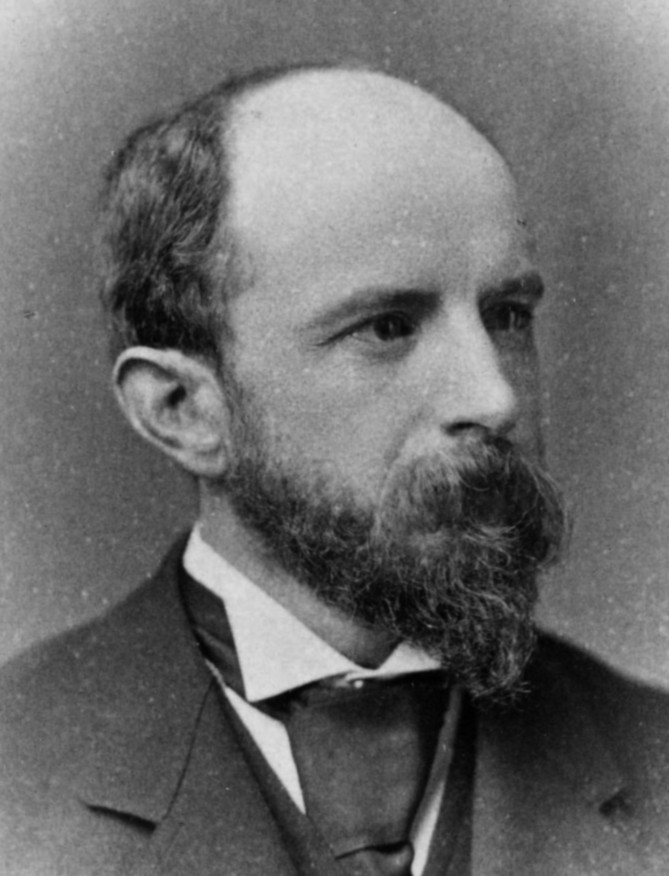Mont Saint Michel and Chartres (1904)
Contexto: p>To religious mystics, whose scepticism concerned chiefly themselves and their own existence, Saint Thomas's Man seemed hardly worth herding, at so much expense and trouble, into a Church where he was not eager to go. True religion felt the nearness of God without caring to see the mechanism. Mystics like Saint Bernard, Saint Francis, Saint Bonaventure or Pascal had a right to make this objection, since they got into the Church, so to speak, by breaking through the windows; but society at large accepted and retains Saint Thomas's Man much as Saint Thomas delivered him to the government; a two-sided being, free or unfree, responsible or irresponsible, an energy or a victim of energy, moved by choice or moved by compulsion, as the interests of society seemed for the moment to need. Certainly Saint Thomas lavished no excess of liberty on the Man he created, but still he was more generous than the State has ever been. Saint Thomas asked little from Man, and gave much; even as much freedom of will as the State gave or now gives; he added immortality hereafter and eternal happiness under reasonable restraints; his God watched over man's temporal welfare far more anxiously than th State has ever done, and assigned him space in the Church which he can never have in the galleries of Parliament or Congress. [... ] No statute law ever did as much for Man, and no social reform ever will try to do it; yet Man bitterly complained that he had not his rights, and even in the Church is still complaining, because Saint Thomas set a limit, more or less vague, to what man was obstinate in calling his freedom of will.Thus Saint Thomas completed his work, keeping his converging lines clear and pure throughout, and bringing them together, unbroken, in the curves that gave unity to his plan. His sense of scale and proportion was that of the great architects of his age. One might go on studying it for a life-time.</p
